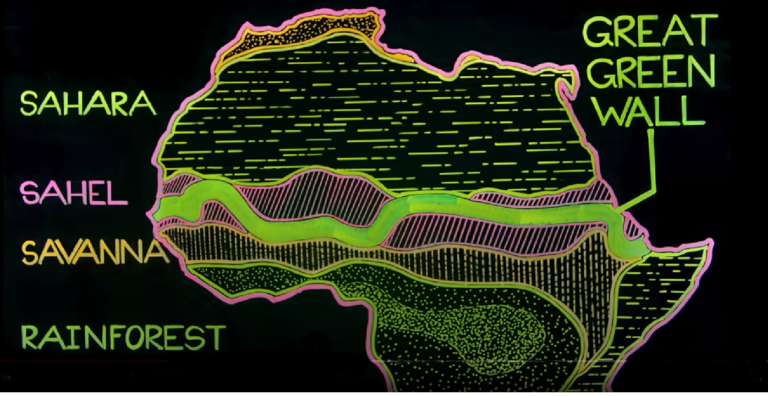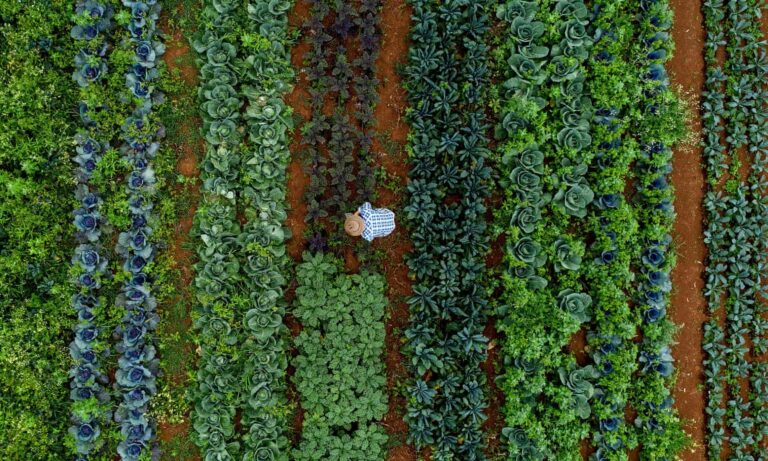A hidden giant in food security research and innovation, CGIAR (formerly the Consultative Group for International Agricultural Research) is a global partnership with over 9000 staff in 15 topical (and mostly tropical) centres, in all working in 89 countries, mostly in the Global South. Its activities draws from its 2030 Research and Innovation Strategy.
In July 2024 it is time for its Science Week, taking place in Nairobi, Kenya and online. THIS DATE HAS NOW BEEN CHANGED, SEE THE WEBSITE LINK BELOW FOR MORE INFORMATION
The goal for the week is to co-create a roadmap for the transformation of food, land and water systems
forge partnerships, build the case for investment and not the least inspire change.
See more information and register here.




